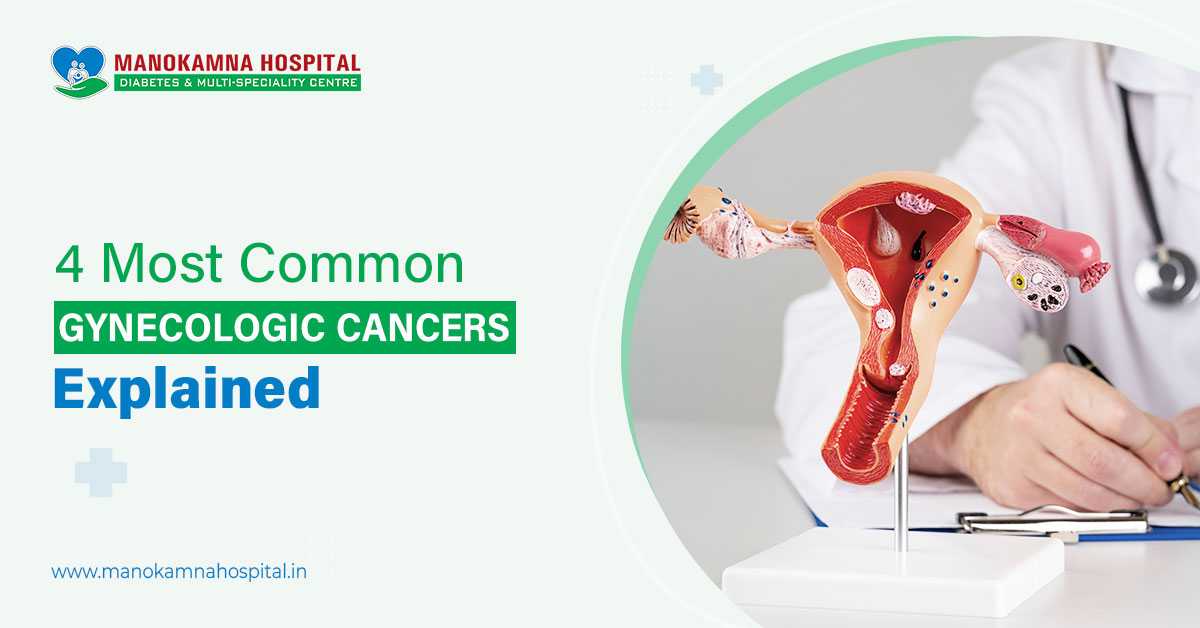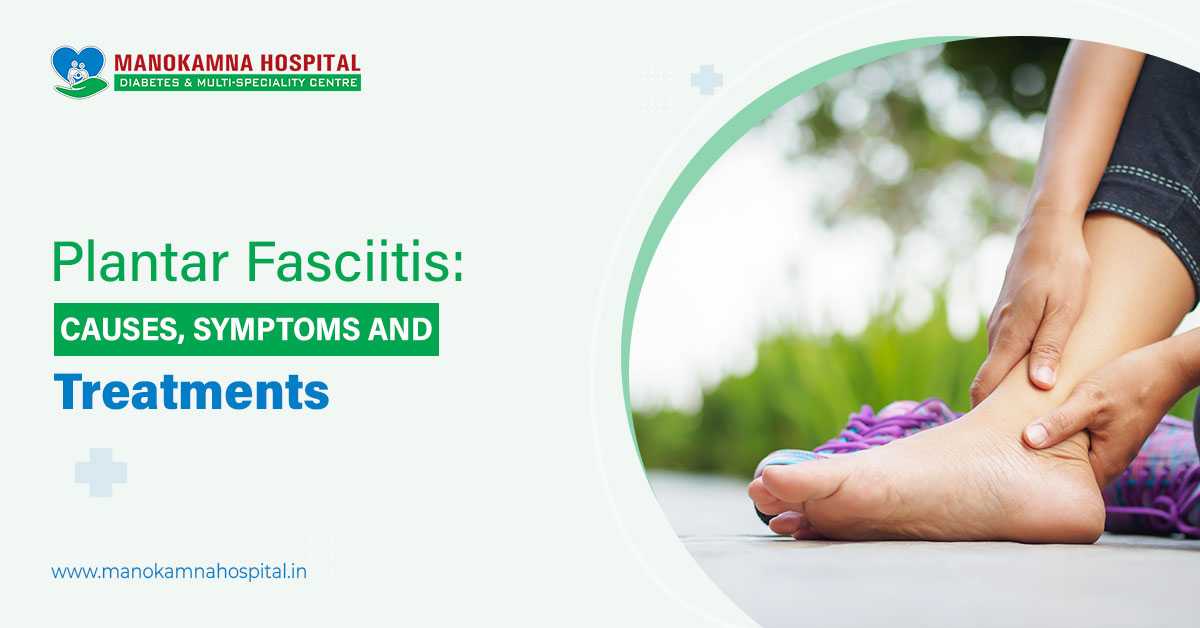A general physician is a medical professional dealing with disease cure and management in adults. The doctor may recommend seeing a specialist if needed. In most cases, a general practitioner is the first one we consult. And, the type of treatment your GP provides is non-surgical.
Now, you’ve got the basic ideas of who a general physician is. If you’re in search of a reputed GP, you might contact the best general physician in Siliguri. This blog shares five health problems or conditions that a general physician treats and manages.

-
Anemia
Anemia is a medical condition marked by not having enough healthy red blood cells. It can result from a lack of red blood cells or functional issues of red blood cells. If anemia remains untreated or poorly managed can lead to complications, such as shortness of breath, pregnancy complications, heart problems like irregular heartbeat, heart failure, enlarged heart, extreme tiredness.
The person with anemia might be iron-deficient, vitamin-deficient, or have bone marrow disease, kidney failure, diabetes, etc. Proper diagnosis under expert supervision helps determine the cause and apt treatment. Consult the top physician in Siliguri.
-
Asthma
Bronchial asthma refers to swelling and narrowing of the lung airways. It causes inflammation of the person’s airways, leading to difficulty breathing and extra mucus buildup. The intensity of asthma varies, ranging from mild, to moderate to severe.
Patients with asthma, experience chest tightness/pain, shortness of breath, coughing, wheezing, trouble sleeping due to coughing/wheezing and shortness of breath, etc. Keeping from asthma triggers, and maintaining the asthma plan given by the doctor assist healing.
-
Hypertension
Commonly known as high blood pressure, hypertension is a medical condition in which the force of blood pressure against the artery walls is abnormally excessive. Severe high blood pressure/hypertension is when the blood pressure is above 180/120.
With hypertension, the heart has to work hard in order to pump blood. In most cases, hypertension has no symptoms. In a few instances, high blood pressure causes nosebleeds, headaches, and shortness of breath. Immediate lifestyle changes guided by an expert, and proper medication intake as suggested by your GP help prevent complications and keep you in a good state.

-
Chronic Obstructive Pulmonary Disease
Shortly called COPD, it’s a chronic lung disease that blocks the airflow, leading to difficulty breathing. It is a group of diseases involving emphysema and bronchitis. Damage caused by this pulmonary condiiton can’t be reversed.
COPD symptoms often happen when lung damage is moderate to severe, such as shortness of breath, chest tightness, wheezing, frequent respiratory infections, unintended weight loss, and a chronic cough. Quitting smoking is a must because COPD development is closely linked with smoking. Talk to your doctor and follow the treatment plan with a strategic lifestyle choice.
-
Urinary Tract Infections
Urinary tract infections or UTIs are a common health complaint and are a very common type of infection involving the urinary tract. This infection can involve your bladder, urethra, and kidney. For urinary tract infections, contact the best general physician in Siliguri.
Signs that may indicate UTI include frequent urination, difficulty peeing, painful urinating, lower back pain, pain in the flank, pelvis, and abdomen, bloody urine, foul-smelling pee, cloudy pee, leaking urine. Further UTI-associated symptoms are fever, chills, confusion, fatigue, nausea and vomiting.
Other health issues treated by a general physician include common cold, fever, diabetes, pneumonia, arthritis, bronchitis, obesity, anxiety, depression, acne, eczema, digestive concerns, etc. Get optimum health care and advice from your GP.




